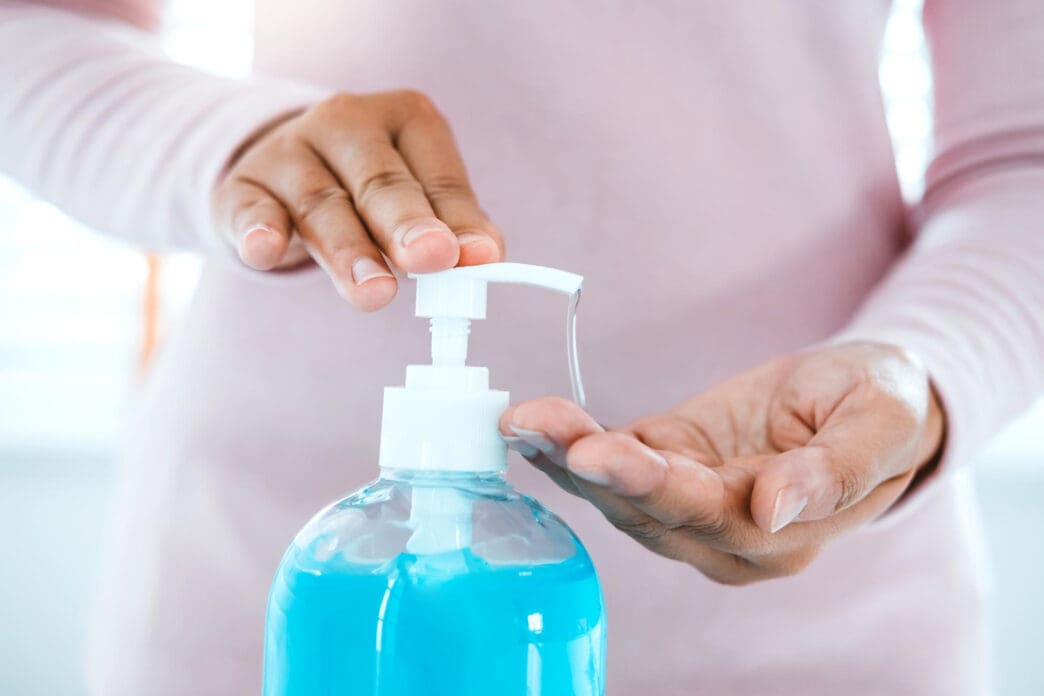Executive Summary
The Story So Far
Why This Matters
Who Thinks What?
The European Union is evaluating a potential reclassification of ethanol, a key ingredient in many hand sanitisers, as a dangerous substance with links to increased cancer risk. This consideration follows an internal recommendation issued on October 10 by a working group within the European Chemicals Agency (ECHA), which flagged the substance as potentially toxic and associated with pregnancy complications.
EU Regulatory Review
The ECHA’s Biocidal Products Committee is scheduled to convene between November 25 and November 28 to further discuss the implications of this recommendation. Should the expert committee conclude that ethanol is carcinogenic, it would recommend its substitution in cleaning and other products.
The final decision regarding ethanol’s classification would ultimately rest with the European Commission. This process highlights the EU’s stringent approach to chemical safety and public health.
ECHA’s Stance and Global Context
Despite the internal recommendation, the ECHA indicated that ethanol might still be approved for its intended biocidal uses. This approval would hinge on whether exposure levels are deemed safe or if viable alternatives are not found, emphasizing that no definitive decision has yet been reached.
In contrast to the ECHA’s ongoing review, the World Health Organization (WHO) currently classifies both ethanol and isopropanol as safe for use in hand hygiene products. This divergence in assessment underscores the complex scientific and regulatory considerations involved in chemical classifications.
Outlook
The upcoming ECHA committee meeting will be a critical step in determining the future regulatory status of ethanol within the EU. Any reclassification could have significant implications for manufacturers and consumers of products, particularly hand sanitisers, across the European market, balancing public health concerns with practical applications.








